August 13, 2012
Product testing gives retailers the confidence your product will not cause a PR nightmare and hurt the retailer’s reputation. This is especially true for sensitive products such as children’s or juvenile products, health & beauty, or anything that might touch food. As you may recall from earlier posts, the more action you take to mitigate a retailer’s risk represents one less “deal breaker” to stand in the way of a retail buyers’ “yes”.
Some retailers will require that you submit your product to their independent testing partners, even if you have tested your product beforehand or even if another retailer has tested it themselves. Usually this request comes after you have been awarded shelf space. If your product fails to meet the retailer’s technical specifications and standards for safety, durability, transit testing, etc. — you will lose that spot on their shelf. Yes, even after it has been awarded to you. This is one of those rare cases that cannot be negotiated with retailers.
So why test your product if a retailer will test it anyways? I typically advise my clients to conduct their own testing because months may pass between when the buyer awards you with business and when the product is submitted to testing. By the time you find out your product has [passed or] failed testing, you may have already produced your entire purchase order or invested infinite time and energy into that retailer account. Testing early on gives you confidence that you’ll pass the retailer’s QA tests and prevent the embarrassing situation where you lose that retail account before getting your product on their shelf. But since testing is expensive, you’ll have to weigh the risks yourself.
Many of my vendors who failed Target’s testing were completely shocked…mostly because they didn’t realize how high Target’s testing standards were and because they blindly trusted that their manufacturers (especially overseas factories) would comply with their written product specs. So, doing your own independent testing will help keep your manufacturers and suppliers honest. Really sad to say, but it’s the reality these days with the pressure to squeeze costs throughout the supply chain.
At the very minimum, if you haven’t already, find out the testing standards for your product category. Most product categories have some minimum threshold to abide by. And unless your company name is Proctor & Gamble, Kimberly Clark, or a name as ubiquitous, your products will most definitely be tested when selling to the likes of Target, Walmart and Toys R Us.
One trusted testing company is Bureau Veritas. Some hot button testing standards to look into: Prop 65 for products sold in California, CPSIA for juvenile toys and products, and the constantly increasing lead poisoning testing standards for kids jewelry by state.
